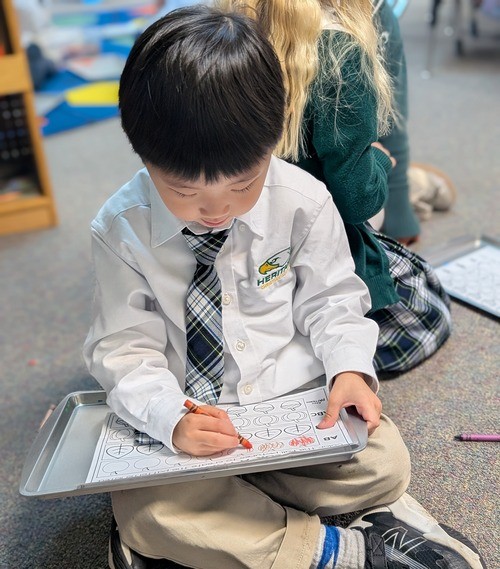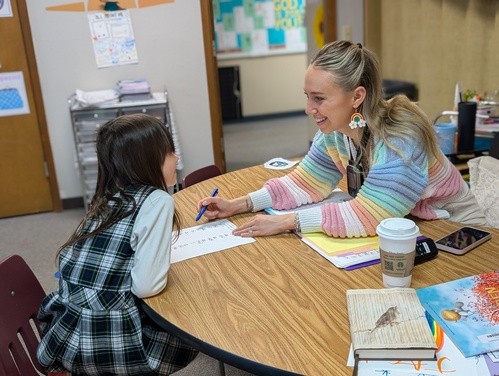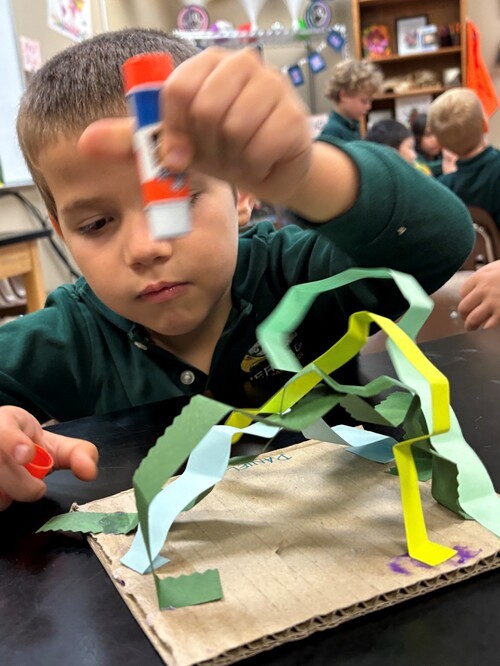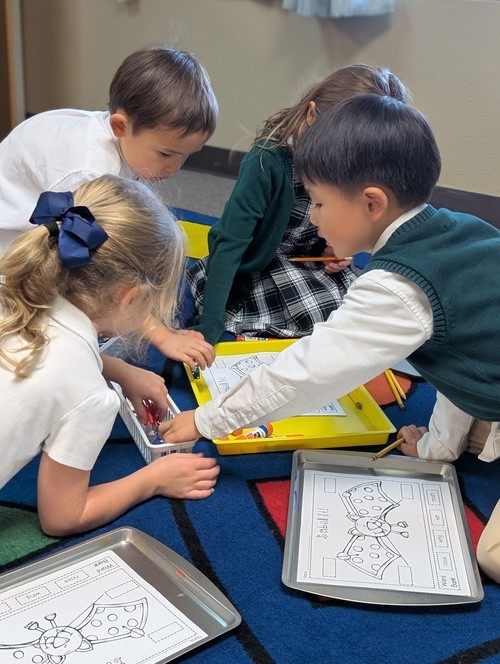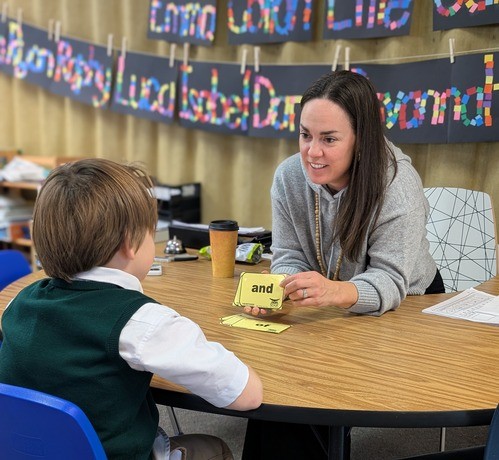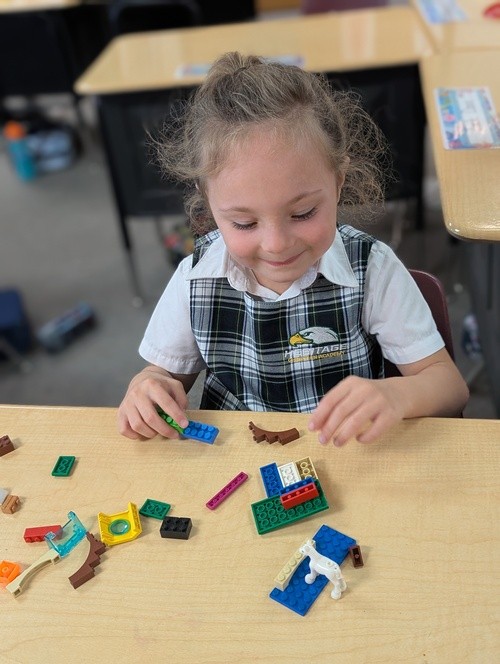Welcome to Kindergarten
Kindergarten is sure to be an exciting time as your child begins his or her official journey to becoming a lifelong learner. At HCA, we spend time encouraging positive social interactions among students, helping them become more independent throughout the school year, and fostering a classroom culture of kindness and respect. Kindergarten will be a year of tremendous academic growth. You will see your child blossom into an early reader and writer, while also developing many essential math skills. We enjoy having fun in the classroom, but also know the importance of creating a structured and organized learning environment. Most importantly, students learn about Jesus and His love and purpose for their lives!
